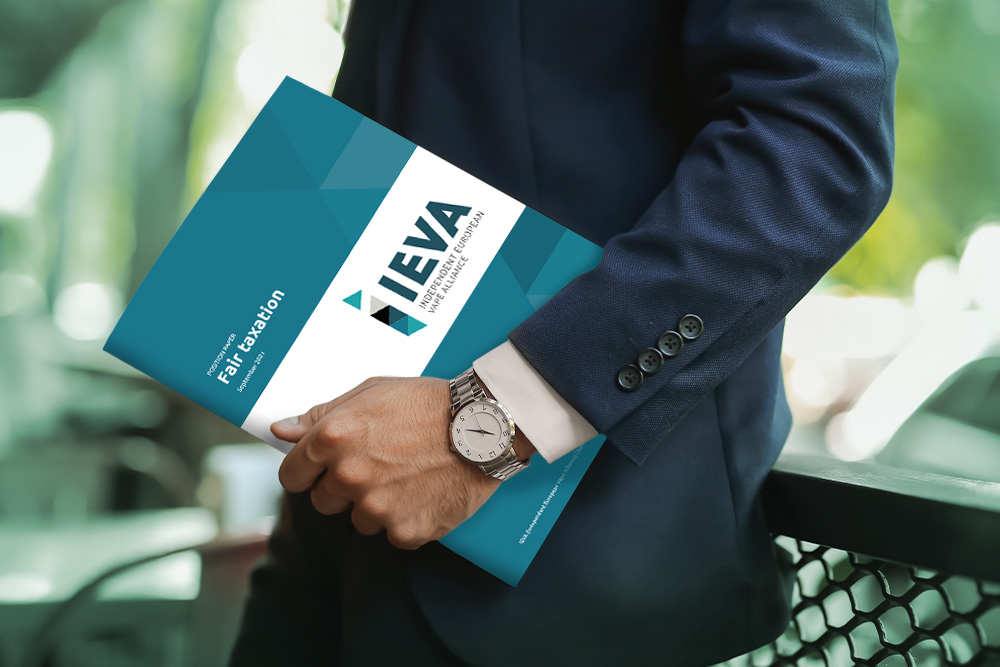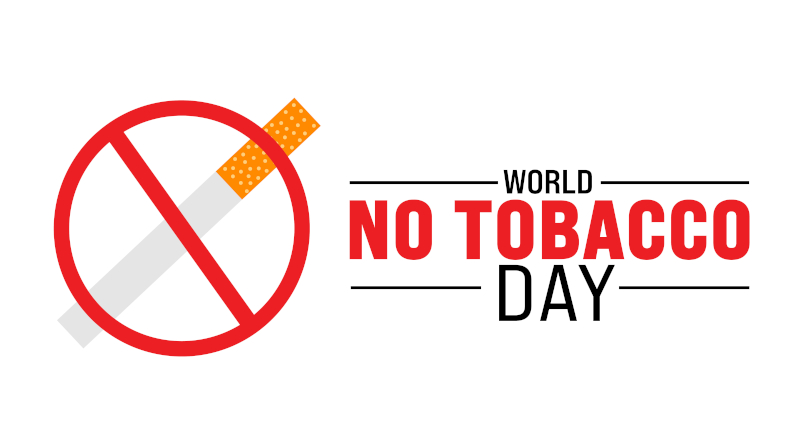
- The report is not only the product of the WHO. In fact it has been funded by an unaccountable philanthropic organisation headed by Michael Bloomberg.
The WHO doesn’t hide the fact that its work has been funded by Bloomberg Philanthropies, which exists to donate to charities and causes favoured by former Mayor of New York and Democratic Presidential candidate Michael Bloomberg. But with Bloomberg himself known to have taken a hostile stance on vaping despite the evidence, should the world rely on a report funded by his organisation in order to make policy?
Bloomberg Philanthropies has been criticised for using its financial muscle to influence tobacco control policies in developing countries. Most recently, politicians in the Philippines have criticised his organisation for making undisclosed donations to the Philippine FDA in exchange for the inside track on policy making for vaping in that country. The Phillipine House of Congress has since forced the FDA to return the grant.
With international public health structures under intense scrutiny following the handling of the COVID pandemic, it must be asked whether it is right for private, unaccountable billionaires to dictate global public health policy in spite of the scientific evidence undermining their inbuilt ideologies? Clearly, WHO thinks this is OK.
- WHO still refuses to recognise independent scientific evidence on vaping; smearing independent researchers by falsely inferring that they are tied to big tobacco.
The head of the WHO’s Tobacco Control arm, Adriana Blanco Marquizo, hints in her foreword to the report that the jury is still out on the science of vaping. “Until independent research shows the real risk profile of ENDS [vaping]” she says, “government should be cautious. Science-based evidence, not marketing, should guide their actions”.
The problem with this statement is that independent research conducted over the last decade already has shown the real risk profile of vaping, and has concluded that it is significantly less harmful than smoking.
The report alludes to claims and research from the tobacco industry that vaping is less harmful should be treated with caution. But surely WHO cannot suspect that the Royal College of Physicians – the largest medical association in the UK – is a mouthpiece for the tobacco industry? It has agreed with Public Health England, a UK government body, that vaping is around 95% less harmful than smoking based on the totality of the scientific evidence it reviewed; none of which was funded by the tobacco industry.
If independent scientific evidence is so important to WHO, then why will the Organisation not recognise it?
- The report has provoked a backlash among leading tobacco control scientists and activists, some of whom are starting to question the Organisation’s tobacco strategy.
While the WHO tries to present the tobacco control debate as independent scientists versus tobacco industry shills, the reality is that more and more independent researchers in tobacco control are exasperated by the WHO’s stance on vaping.
Dr Riccardo Polosa – an Italian tobacco control activist and professor of respiratory medicine – has bluntly told WHO to “stop spreading fake news”. Twitter
And Professor John Britton, a Professor of Epidemiology and respiratory disease specialist at the University of Nottingham, served as the Tobacco Control Lead for the Royal College of Physicians (that largest medical association in the UK). He thinks that the WHO is fundamentally flawed in its view. Link :
“This report demonstrates that, sadly, the WHO still doesn’t understand the fundamental difference between addiction to tobacco smoking, which kills millions of people every year, and addiction to nicotine, which doesn’t. The WHO is also evidently still content with the hypocrisy of adopting a position which recommends the use of medicinal nicotine products to treat addiction to smoking, but advocates prohibition of consumer nicotine products which do the same thing, but better…for the more than one billion tobacco smokers in the world, electronic nicotine delivery systems are part of the solution, not the problem.”
It’s clear that the WHO report chooses its science carefully, in order to suit its ideologically driven narrative. Why?
Dustin Dahlmann, President of IEVA, said of the report:
“Every year, eight million people worldwide die as a result of tobacco consumption. That is eight million people too many. The efforts of the WHO have not changed this stark reality. Many experts see vaping as a great opportunity to help more smokers improve their health and make better choices. It makes for the WHO to attack this. If they are really concerned with people’s health, they should recognize the scientific evidence of tobacco harm reduction and realign its strategy.”




